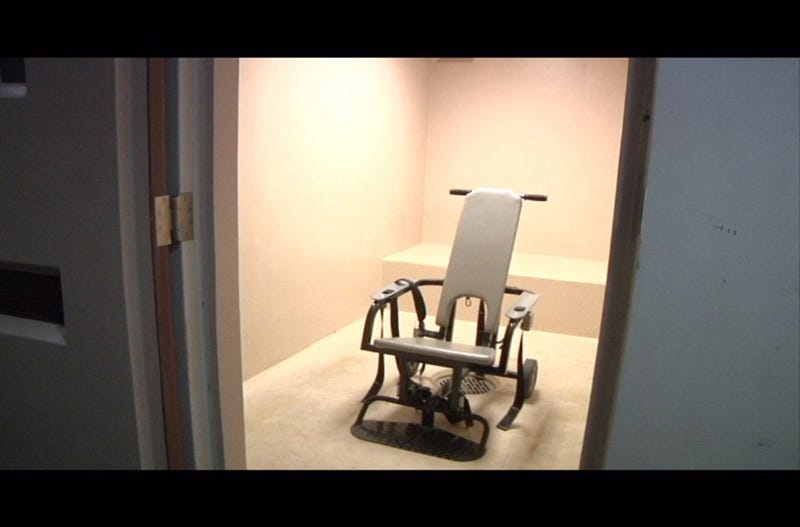
(WBBM NEWSRADIO) — A new report on county jails in Illinois found widespread use of restraint chairs, a device that the United Nations considers to be a potential instrument of torture.
The nine-month-long investigation by the Better Government Association’s Illinois Answers Project found that restraint chairs were used more than 5,000 times across the state over a five-year period ending in 2023.
On WBBM’s Watchdog Wednesday segment, Better Government Association President and CEO David Greising said their investigation found some people were restrained in the chairs for as long as 20 hours.
“They’re supposed to be limited to just two hours, and we found many instances in which people were kept for more than a day at a time. This causes all kinds of pain and suffering by these prisoners.”
Reporting on the use of restraint chairs was limited, Greising said, because many jails fail to report their use.
Even when jails did report their use of restraint chairs, he added that the Illinois Department of Corrections’ Jail and Detention Standards Unit kept spotty records.
“And when it receives those reports, the six-person team that’s responsible for entering and tracking data from the forms really just doesn’t do its job,” Greising said. “As we saw records, we didn’t get the kind of records that should have been kept by the state agency.”
Listen to the full interview below, and listen to WBBM’s Watchdog Wednesday segment every week at 10:20 a.m.
Listen to WBBM Newsradio now on Audacy!
Sign up and follow WBBM Newsradio
Facebook | Twitter | Instagram | TikTok
